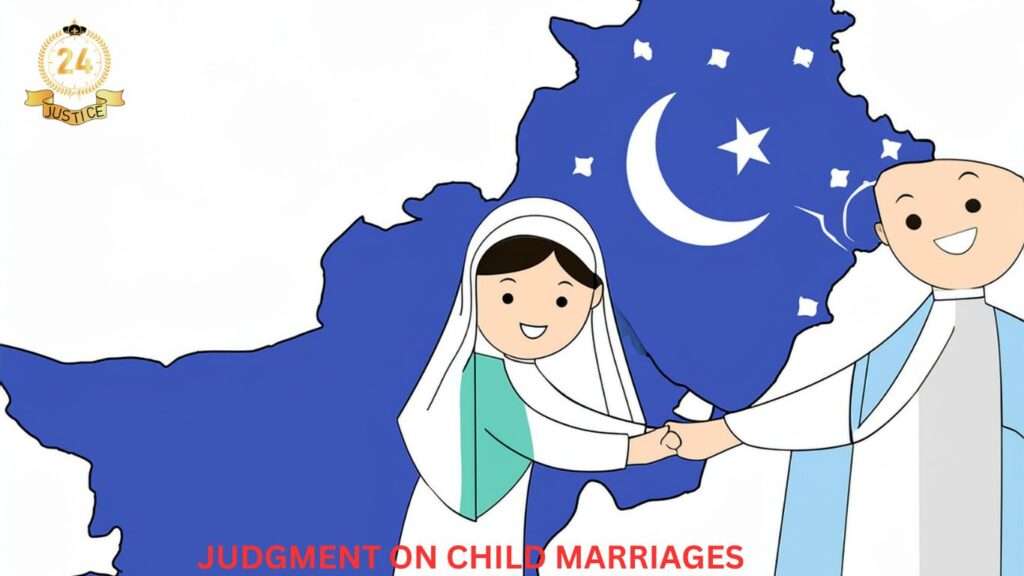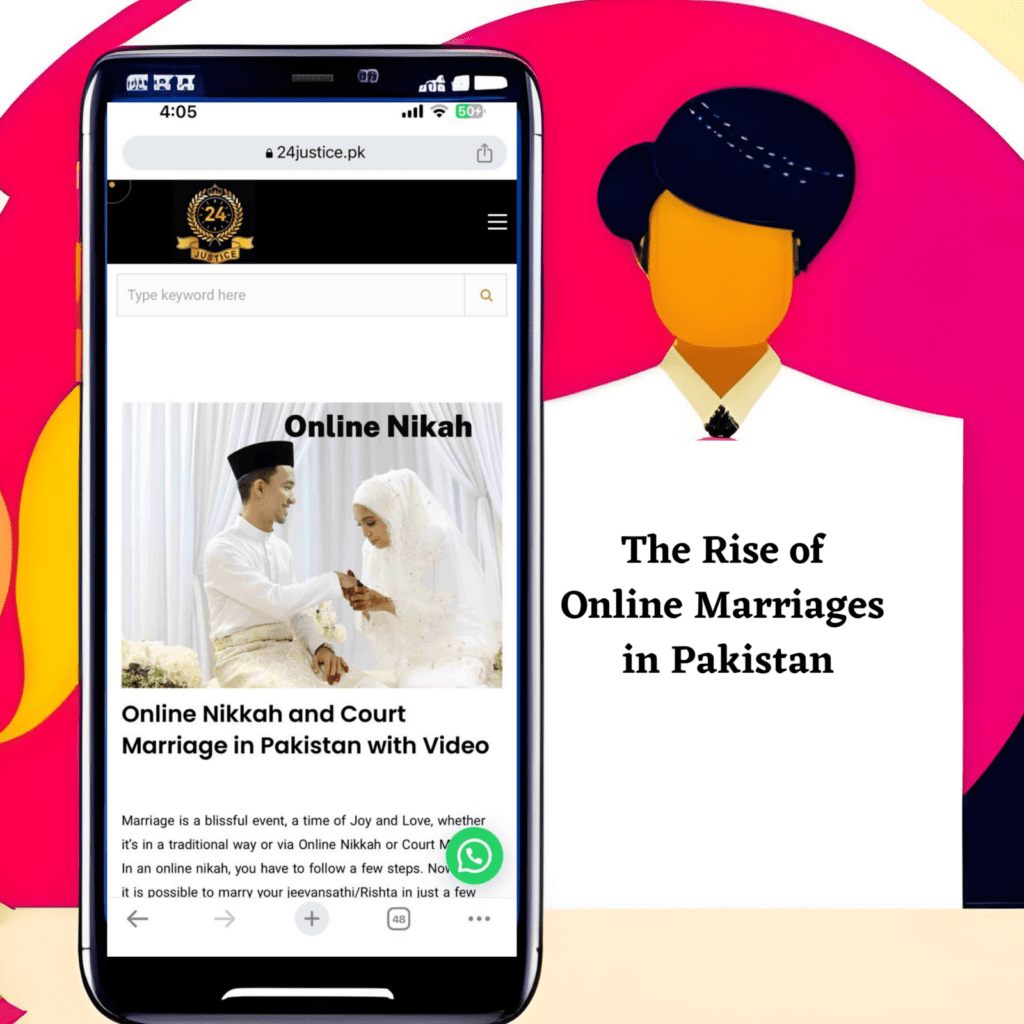Child marriages and role of nikah registrars
Justice Anwaar ul Haq Pannu of the Lahore High Court has delivered a comprehensive judgment addressing the critical issue of child marriages, identifying gaps in the relevant laws, and highlighting the importance of implementing existing regulations effectively. The judgment also scrutinizes the responsibilities of Nikah Khawans (marriage registrars) and the circumstances under which their licenses can be revoked. Moreover, His Lordship has emphasized the adverse effects of child marriages.
Legal context judgments on child marriages
In judicial practice, it has been observed that criminal cases under Chapter XVI-A of the Pakistan Penal Code (PPC) often involve claims of valid marriages registered under the Muslim Family Laws Ordinance, 1961 (MFLO). These cases typically involve disputes over the legality of marriages and claims of harassment by the police at the behest of the bride’s relatives.
Such grievances lead to petitions for quashing FIRs or seeking writs of prohibition. Frequently, these cases reveal that marriages were contracted in violation of the Child Marriage Restraint Act, 1929 (the Act 1929), despite clear legal provisions specifying the minimum age for marriage.
Role of Nikah Khawans in child marriages
Some nikah khawans or nikah registrars do not verify the marriage parties’ ages with authentic documents like national identity cards, B-Forms, school leaving certificates, medical certificates from ossification tests, or birth certificates from the union council.
Instead, they rely on self-declarations, leading to the registration of underage marriages.
Legal Competence and Puberty
- Under Muslim law, a girl’s competence to enter into a marriage contract is primarily based on the attainment of puberty.
- Puberty is typically presumed at the age of fifteen years.
- According to ‘Fatawa Alamgiri’, puberty can be recognized at:
- Twelve years for males.
- Nine years for females.
- A girl with sufficient understanding can enter into a marriage contract before attaining puberty.
- Such contracts’ validity and operation depend on external factors.
- The marriage contract requires the consent of the girl’s guardian (wali) for its operation if entered into before the girl reaches puberty.
- A girl’s ratification upon reaching majority can also determine the validity of a marriage contract entered into before she reached puberty.
- People generally presume majority at the age of fifteen or upon reaching puberty.
- In many Muslim-majority countries, marriage laws and Islamic jurisprudence recognize these principles as their basis.
Legal Provisions
Enforcement lapses have prevented the full realization of the Act 1929’s clear stipulations and objectives. The Act defines a child as a male under eighteen and a female under sixteen. Violations do not invalidate the marriage but hold specific individuals accountable.
Disciplinary Actions
The judgment highlights procedural lapses by Nikah Registrars, such as incomplete Nikahnamas, which can lead to legal complications. The Pakistan Penal Code classifies Nikah Registrars as public servants, and the Union Council can revoke their licenses for legal violations.
Implementation
Justice Pannu issued several directives to ensure compliance:
- Verification of Age and Consent: Nikah Registrars must verify the age and consent of marriage parties through authentic documents before solemnizing a marriage.
- Strict Enforcement: Authorities must enforce these requirements strictly, with disciplinary actions against those failing in their duties.
Contact us
The judgment underscores the critical need for rigorous enforcement of child marriage laws and the responsibilities of Nikah Registrars. It aims to protect the fundamental rights of minors and ensure that marriages are conducted within the legal framework to prevent exploitation and abuse.
Our panel of skilled Lawyers in Pakistan specializes in family cases in Pakistan and offers personalized advice and robust lawful solutions.
- AI Legal Site: For general information, visit 24Justice.com – Pakistan’s First Legal AI Site.
- Personalized Assistance: For more specific queries or legal representation, reach out to us:
- Call: 0092 308 5510031
- WhatsApp: 0092 308 5510031
- Contact Form: Prefer writing? Fill out our contact form below, and we’ll respond promptly.
[wpforms id=”4658″ description=”true”]



